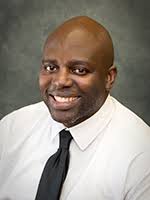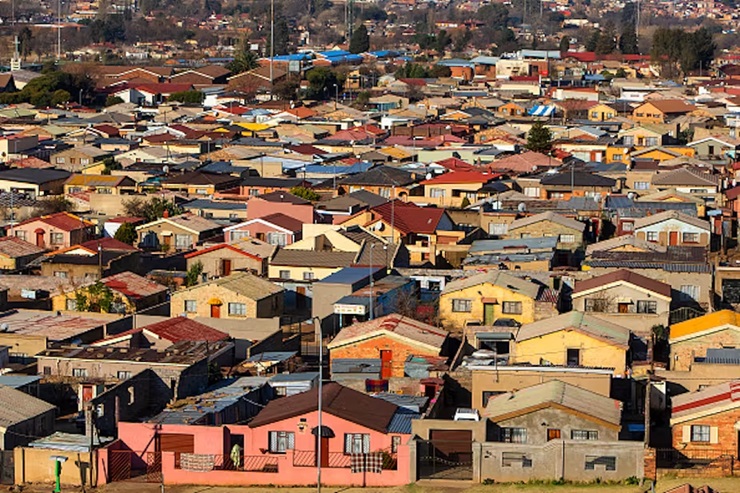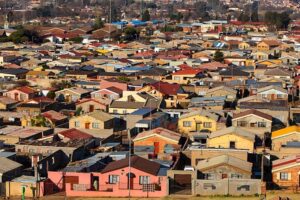In 2016, the New Patriotic Party (NPP) made its case against the John Mahama government on two fronts – poor management of the economy and widespread corruption in government. To fight corruption effectively, they (NPP) promised to set up a new anti-corruption entity. The consensus was that Attorney Generals, being part of the government, will always have some hesitation to prosecute corruption allegations against members of their own government. To hold past and especially present government officials accountable, a truly politically independent entity was needed.
In fulfillment of this campaign promise, The Office of Special Prosecutor was formally established with passage of the Office of the Special Prosecutor Act, 2017 Act 959. The seven-year history of the office has been interesting, to say the least. The first Special Prosecutor resigned after two years in the role. The second is now facing a removal from office petition which was triggered by none other than his predecessor.
In accordance with the process, the president has forwarded the petition to the Chief Justice. The Chief Justice has, in turn, asked the Special Prosecutor to respond to the petition as she weighs whether there is a prima facie case for the process to move forward. Time and events will tell what becomes of this petition.
The Case Against the Special Prosecutor
The legislation establishing the Office of the Special Prosecutor spells out (Section 15 of the Act) the grounds upon which they can be removed from office. The grounds are:
a) stated misbehavior or incompetence; (b) incapacity to perform the functions of the Office by reason of infirmity of body or mind; (c) willful violation of the Official Oath or Oath of Secrecy; (d) conduct which (i) brings or is likely to bring the Office of the Special Prosecutor into disrepute, ridicule, or contempt; or (ii) is prejudicial or inimical to the economy or security of the State.
The Act only provides broad categories of offenses for which the Special Prosecutor can be removed from office. I presume that the removal process is designed to determine which specific alleged offenses meet this threshold.
Without prejudice to the eventual outcome of the case, which is making its way through the process, I make only this preliminary observation. I wonder, as per the petitioner’s claims, whether a) the allegations leveled against the Special Prosecutor rise to the level of impeachable offenses for which he must be removed from office; and b) if there are administrative remedies that offer an alternative path to address the offenses which stops short of his removal from office.
Evaluating The Fight Against Corruption
As we await the eventual outcome of this petition, the question for me is this – to what extent has the establishment of the office made a difference in the fight against corruption, seven years later?
I answer this question from the public’s perspective. Prior to the establishment of the office, there had been six rounds of the Afrobarometer survey. On the question of how well the government is handling the fight against corruption, the average across the six rounds showed five out of ten (46%) rated government efforts well. More importantly, public evaluation of the fight against corruption had dropped significantly from 63% (2002) to 25% (2014). So, at its founding, one could argue that the office was needed to fight corruption well.
Post the establishment of the office, there have been two more rounds of the Afrobarometer Survey. In 2019, only four out of 10 (40%) and in 2022 just fewer than one out of 10 (14%) rated the fight against corruption well.
In the 2014 survey, for the first time, Ghanaians were asked to assess the level of corruption in the country. That year, only six percent (6%) felt it had decreased. In 2019, 20% felt it had decreased, an improvement over 2014. In 2022, only six percent (6%) felt it had decreased, bringing public perception back to the 2014 levels.
Post the establishment of the office (2019 and 2022 average), very few Ghanaians answered “none of them” to the survey question which asked about the number of persons involved in corruption in the following institutions – Courts (5%); Parliament (4%); Presidency (7%).
So essentially, post the establishment of the Office of Special Prosecutor, the public a) does not rate the fight against corruption well; and b) does not perceive the level of corruption to have decreased significantly.
The suggestion here is not to indict the Office of Special Prosecutor as having failed to fight corruption since coming into existence. The key point here is that the establishment of the office does not appear to have made a significant dent in how the public perceives the fight against corruption as well as the level of corruption in the country.
 John Osae-Kwapong (Ph.D) is a Democracy and Development Fellow at the Ghana Center for Democratic Development (CDD-Ghana).
John Osae-Kwapong (Ph.D) is a Democracy and Development Fellow at the Ghana Center for Democratic Development (CDD-Ghana).
















